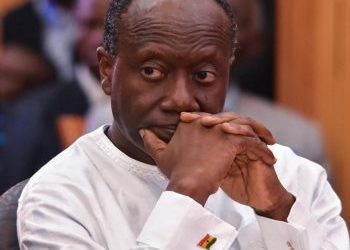Policy analyst Dr. Steve Manteaw has cautioned President John Mahama that recent appointments perceived as mismatched could erode public goodwill toward his administration.
In a Facebook post cited, Manteaw argued that placing “square pegs in round holes” risks alienating supporters who initially backed Mahama’s leadership. “Some recent appointments don’t cut well. He must watch it, lest he loses the public goodwill he enjoys,” he wrote.
The critique coincides with broader calls to curb presidential appointment powers in Ghana. H. Kwasi Prempeh, chairman of the Constitutional Amendment Committee, emphasized the need for merit-based criteria and limits on direct appointments to ensure quality governance. “When a president makes too many appointments, due diligence and oversight suffer,” Prempeh noted, advocating structural reforms to prioritize competence over patronage.
Mahama’s administration has not publicly addressed the specific appointments in question, but the debate highlights persistent tensions over executive discretion in Ghana’s political landscape. Analysts observe that while presidential appointments are customary, unchecked authority often leads to allegations of nepotism or inefficiency a recurring challenge in successive governments.
Ghana’s 1992 constitution grants the president broad appointment powers, a feature critics argue centralizes influence and stifles institutional accountability. Prempeh’s push for constitutional amendments mirrors regional efforts, such as Kenya’s 2010 reforms, which introduced parliamentary vetting for key roles. Similar measures in Ghana could institutionalize checks on executive decisions while fostering bipartisan consensus on appointee qualifications.
The discussion also underscores shifting public expectations in an era of heightened transparency demands. With Ghana’s youth demographic increasingly vocal about governance standards, mismatched appointments risk amplifying perceptions of disconnect between leadership and citizen priorities. Historical precedents, such as the 2017 backlash over ministerial redundancies under former President Akufo-Addo, illustrate the political costs of perceived missteps.
As Mahama navigates these pressures, the balance between executive prerogative and meritocratic governance will remain pivotal. For reformers like Prempeh, systemic change not just personnel adjustments is essential to sustain public trust. How Ghana addresses this dilemma may shape its trajectory in fostering inclusive, effective governance amid rising demands for accountability.
Source: Newsghana










Discussion about this post